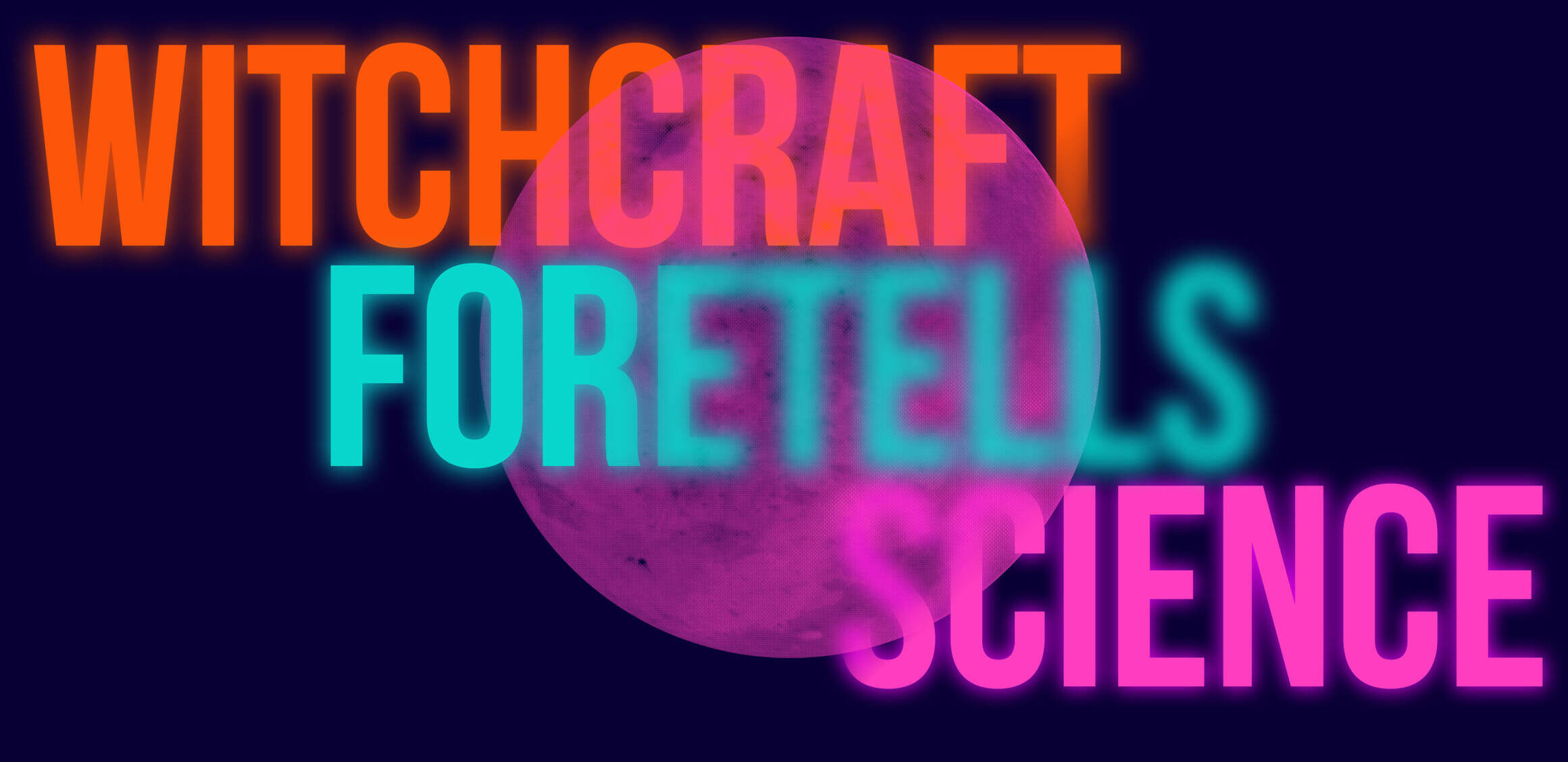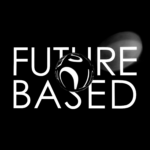

Witchcraft Foretells Science
January 16 @ 7:00 pm - 9:00 pm CET
| €8,00Before the Enlightenment, magic was deeply intertwined with daily life. The use of charms, divination, and healing was commonplace. People didn’t perceive a division between matter and spirit and envisioned the cosmos as a living organism, inhabited by occult forces. This magical worldview, supported by both the Church and the State, was eventually supplanted by a more rational, mechanistic philosophy. During this shift from magic to mechanistic thinking, witch hunts occurred. The classical period of witch-hunts in Early Modern Europe and Colonial America took place from around 1450 to 1750, spanning the upheavals of the Reformation and the Thirty Years’ War, resulting in a horrifying femicide. Witches were often burned at the stake for their alleged occult practices and magical abilities. Science began to gain a foothold in society during this time and played a significant role in the witch trials. Physicians were present during the trials and sometimes performed vivisection on the bodies afterward. While we must be cautious not to romanticize the tragic deaths of thousands of innocent people, this event aims to delve into the apparent eradication of magic in society while considering how magic and science do not necessarily negate each other.
In this gathering, under the guidance of Lieke Wouters and Reon Cordova, we will explore the relationship between science and magic through various excerpts from historically significant texts on witchcraft and technology, medicine, and feminism. Some of the texts we will address include “Caliban and the Witch – Woman, the Body, and Primitive Accumulation” by Silvia Federici, “Reclaiming Animism” by Isabelle Stengers, and “Witches, Midwives, and Nurses – A History of Women Healers” by Barbara Ehrenreich and Deirdre English. Importantly, you do not need to have read these texts to participate in this gathering.
About the hosts:
Lieke Wouters (she/her) is an art historian and curator, mainly focusing on art on the intersections with digital technologies, utopias in current and speculative societies and intersectional feminism. She is currently the co-director of the platform for contemporary art P-OST.
Reon Cordova (she/her) is a professional future summoner and Master in Media, Art, Design & Technology at Frank Mohr Institute. Born in a desert and raised in subtropical highlands, she is mystery-bounded. Experienced lecturer, multidisciplinary design, fashion and overall pseudo-sciences aficionado. Reon will be cheering, supporting, editing, hosting and fulfilling the role of gentle critic for the projects Witchcraft made Science and Creating Life.
